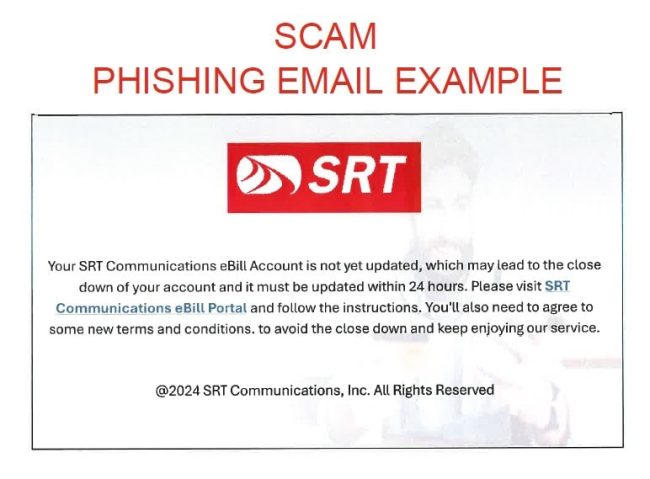Short Tutorial/FAQ – How Will the Internet of Senses Work?

Question: I’m fascinated by the prospect of the Internet of Senses. What will this technology do?
Answer: Today’s digital technology mainly uses the two senses of sight and sound. But with the technological advances in extended reality (XR) applications and 5G/6G, it’s plausible that in the not-too-distant future, we’ll be able to feel, taste, and smell digital objects in a way that’s nearly identical to physical experiences.
The Swedish telecom giant Ericsson championed the term of the Internet of Senses (IoS). With the expanding ability of digital technologies to mimic the five human senses, the IoS envisions a world where the digital and physical merge into one another. Enthusiasts predict this technology will become available in the next couple of decades.
IoS will augment our senses beyond the boundaries of our bodies, enabling us to blend multisensory digital experiences with our local surroundings and interact with remote people, devices, and robots as if they were right beside us. Lightweight and advanced AR glasses and contact lenses will allow users to project digital objects into physical spaces with incredible realism. Touch will also become more amplified with advanced forms of wearables that replicate the sense of weight and motion in digital objects. Similarly, early-stage prototypes exist that replicate the senses of taste and smell. For example, the Norimaki Synthesizer, designed by researchers from Meiji University in Japan, artificially recreates any flavor on a user’s tongue.

Question: I’m fascinated by the prospect of the Internet of Senses. What will this technology do?
Answer: Today’s digital technology mainly uses the two senses of sight and sound. But with the technological advances in extended reality (XR) applications and 5G/6G, it’s plausible that in the not-too-distant future, we’ll be able to feel, taste, and smell digital objects in a way that’s nearly identical to physical experiences.
The Swedish telecom giant Ericsson championed the term of the Internet of Senses (IoS). With the expanding ability of digital technologies to mimic the five human senses, the IoS envisions a world where the digital and physical merge into one another. Enthusiasts predict this technology will become available in the next couple of decades.
IoS will augment our senses beyond the boundaries of our bodies, enabling us to blend multisensory digital experiences with our local surroundings and interact with remote people, devices, and robots as if they were right beside us. Lightweight and advanced AR glasses and contact lenses will allow users to project digital objects into physical spaces with incredible realism. Touch will also become more amplified with advanced forms of wearables that replicate the sense of weight and motion in digital objects. Similarly, early-stage prototypes exist that replicate the senses of taste and smell. For example, the Norimaki Synthesizer, designed by researchers from Meiji University in Japan, artificially recreates any flavor on a user’s tongue.
 Tech support scams use scare tactics to trick you into technical support services to supposedly fix device or software problems. At best, the scammers are trying to get you to pay them to fix a nonexistent problem. At worst, they’re attempting to gain remote access to your computer under the guise of fixing the problem, so they can instead install malware, ransomware, or other unwanted programs to steal your personal information.
Tech support scams use scare tactics to trick you into technical support services to supposedly fix device or software problems. At best, the scammers are trying to get you to pay them to fix a nonexistent problem. At worst, they’re attempting to gain remote access to your computer under the guise of fixing the problem, so they can instead install malware, ransomware, or other unwanted programs to steal your personal information.



 The FTC recently issued a consumer alert about one of the latest ways scammers are trying to get your attention — by texting to ask when you’re free to catch up over a cup of coffee. Scammers are hoping you’ll think the text is from a long lost friend and reply with questions, or tell the sender they have the wrong number.
The FTC recently issued a consumer alert about one of the latest ways scammers are trying to get your attention — by texting to ask when you’re free to catch up over a cup of coffee. Scammers are hoping you’ll think the text is from a long lost friend and reply with questions, or tell the sender they have the wrong number.


